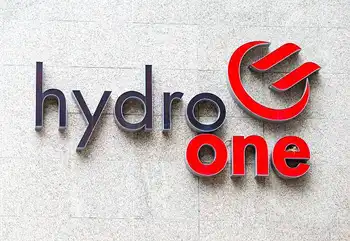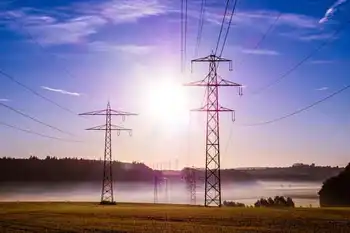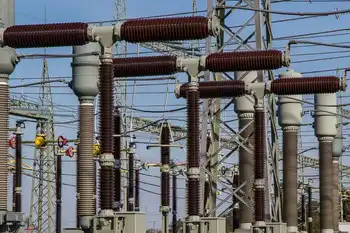Ford truck plant retooling for electric cars
The retooled facility, which once built sport utility vehicles like the Lincoln Navigator, will now build Ford's next-generation Focus, expected to roll off the line next year.
The plant will also build a new battery-electric version of the Focus for the North American market. That vehicle is expected to debut in 2011.
The struggling auto maker says roughly 3,200 jobs will be created in Michigan because of the plant conversion.
The majority of Ford's investment will be spent on manufacturing at the site and the remainder on engineering and launch costs.
Ford says it will also consolidate operations at its Wayne Assembly plant and transform two other truck and SUV plants — the Cuautitlan Assembly in Mexico and the Louisville Assembly in Kentucky — as part of the retooling.
“We're changing from a company focused mainly on trucks and SUVs to a company with a balanced product lineup that includes even more high-quality, fuel-efficient small cars, hybrids and all-electric vehicles,” said Mark Fields, Ford's president of the Americas, in a statement.
The Dearborn, Mich.-based automaker will also build the same Focus it is offering its North American customers in Europe and Asia.
In addition to Ford's zero-emission Focus battery-electric car, the company is working on several other product plans. The company is working with Smith Electric to sell a battery electric commercial vehicle for North America in 2010. It also plans to introduce in 2012 a next-generation hybrid vehicle and a plug-in hybrid vehicle.
Michigan, Wayne county, and the city of Wayne have contributed more than $160-million in tax credits and grants to support Ford's expansion.
Related News

Hydro One announces pandemic relief fund for Hydro One customers
TORONTO - We are pleased to announce a Pandemic Relief Fund to assist customers affected by the novel coronavirus (COVID-19). As part of our commitment to customers, we will offer financial assistance as well as increased payment flexibility to customers experiencing hardship. The fund is designed to support customers impacted by these events and those that may experience further impacts.
In addition to this, we've also extended our Winter Relief program so no customer experiencing any hardship has to worry about potential disconnection.
We recognize that this is a difficult time for everyone and we want our customers to know that we’re…




